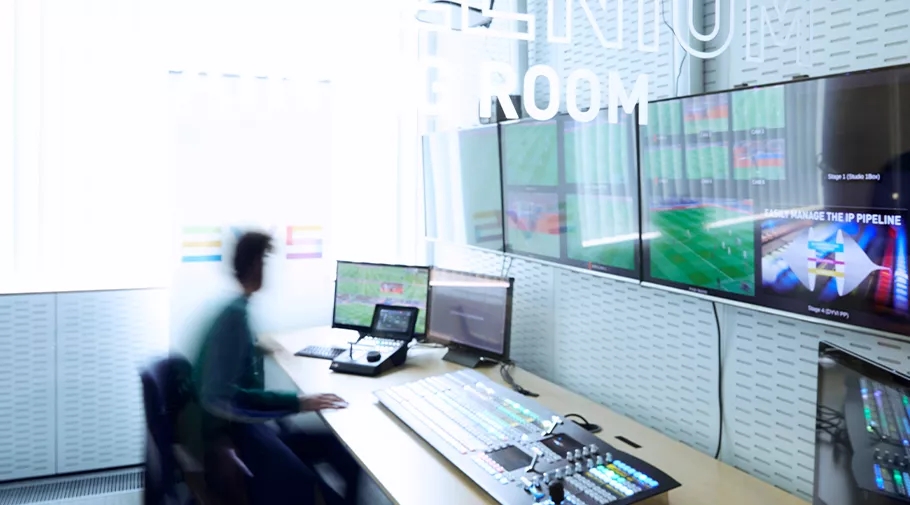Cerebrum Basic Technical Training Tier 1
- Type

Training details
- Product Cerebrum
- Category Infrastructure
1 day (or 2 sessions of 4 hours each)
English (other languages on request)
This course is aimed at broadcast service engineers that are new to Cerebrum. It provides a complete overview of Cerebrum Control & Monitoring Software capabilities and a detailed description of its operation. The course focuses on “what” Cerebrum can do and will use some basic exercises to reveal the approach of Cerebrum towards controlling and monitoring connected studio-equipment. It will prepare the engineer to perform Tier 1 support tasks.
Broadcast service engineers that have to deliver Tier 1 support activities.
Training Format
Classroom (full day) or remote training (ILT - half days)
Basic broadcast knowledge
IP Networks & IP for Broadcast
Cerebrum Go online training (register here to access it)
Local installation of Cerebrum with enabled demo-mode license
The Cerebrum Basic training course contains the following sections:
Follow-up on Cerebrum Go training
• Review of the introductory concepts of Cerebrum
• Q&A about possible questions related to Cerebrum Go program
Explanations of the different varieties of Cerebrum (single server, redundant server, distributed setup)
Description of the license models and how they can impact Cerebrum work environment
Detailed explanations of the user interface: how to navigate and use it to configure a broadcast environment (Tally & Router Management, Control & Navigation View and Device View)
Detailed explanations of Cerebrum features like routemaster, categories, salvos, tielines, etc.
Explanations of basic user management (e.g. permissions / credentials / groups)
Device communication (EVS, 3rd party, SNMP, panels import and export of configuration, logging, backups, and severity management)
Explanations about the way to apply support and maintenance procedures related to Cerebrum (version numbers, screenshots, best practices when connecting to customer VPN, downgrade/upgrade Cerebrum, upgrade license dongle, etc.)
This session includes practical exercises: e.g. how to collect log files, version numbers, any kind of info relevant for the creation of support tickets.